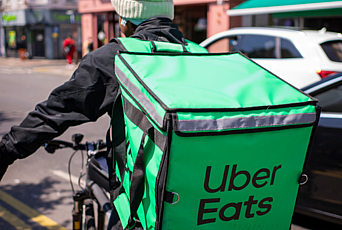
How Micro-Choices and Games Motivate Gig Workers
"As gig work grows ever more prevalent, critics have voiced major issues with these jobs, from their lack of labor protections to income instability and more. But if gig work is so bad, why do so many people do it?" In an article for the Harvard Business Review, Lindsey D. Cameron, Member in the School of Social Science, reflects on the seven years that she spent conducting a wide-ranging study of the ins and outs of ride-hail work.
She highlighted two key factors that motivate ride-sharing workers to continue their gig work, despite its well-known drawbacks:
- Sense of autonomy: Drivers experience a feeling of control and satisfaction by having the flexibility to make small decisions about their work schedule, location, and methods.
- Gamification of work: The design of the platforms incorporates elements that turn work into a game-like experience. This could involve striving for high customer ratings or maximizing earnings. These "workplace games" help drivers find purpose and enjoyment in their tasks.
Cameron concludes that "as with any kind of work, gig work has the potential to create substantial value and foster lasting, positive experiences—but it also has the potential to create lasting harm. My research should not be misconstrued as suggesting that gig work is inherently all good or all bad. Rather, by elucidating the dynamics at play and shedding light on the sources of meaning these forms of work can elicit, my hope is that this research can help workers, platforms, and policymakers increase the positive impact of gig work while mitigating its downsides."
Read the article in full at Harvard Business Review.


